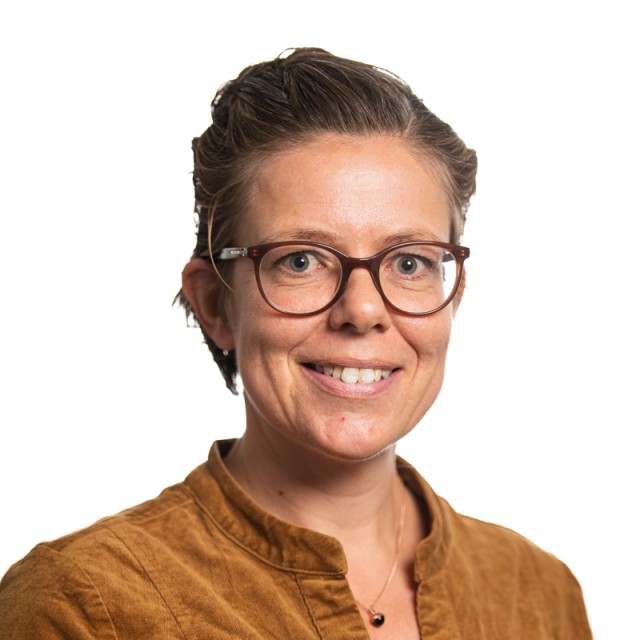Early childhood care in Bolivia
Care work sustains life, allowing us to live with dignity and to sustain our economies and societies. But care work unfairly falls on women and girls as they are responsible for caring for older adults, children and people with disabilities, as well as carrying out most of the un-paid domestic work, including cooking, cleaning, washing and all the activities that allow societies to function and reproduce.
In Bolivia, the family is the central pillar of care provision, and the State has a limited presence, especially in relation to early childhood care. It has been estimated that only 3 out of every 10 Bolivian families that have young children in their homes use childcare services. This origins from both cultural values, but also a distrust in childcare centers.
The unproportionate distribution of childhood care between men and women negatively effects women's participation in paid work and the autonomy of women. According to Oxfam data, women earn only 64% in relation to men and the unemployment rate is double in comparison to men.

The project
The project focuses on the right to shared responsibility of care through increasing demand and access to high-quality childcare services in Bolivia and is implemented in collaboration with the Bolivian organisations Alternative Education Team with Women (ECAM) and The Juana Azarduy Center (CJA).
Oxfam and partners are systematizing good practices of childcare services to promote both public, family and social co-responsibility of childcare and training educators and food handlers from 17 childcare centers focusing on the active relationship between the childcare centers and families, the community and the local government. A key component is also to ensure that social organizations, authorities, and both men and women who use care services understand the importance of shared responsibility in caregiving, with a focus on promoting gender equality and challenging traditional gender roles.
Using evidence from the project, dialogue and advocacy will also be promoted in government bodies to encourage policies that promote the right to shared responsibility and autonomy of women.
The project will be developed in 3 urban and rural municipalities in 2 departments, Sucre and Villa Serrano de Chuquisaca and Entre Ríos in Tarija, with a reach of more than 1,320 direct participants and 75.000 people in total.
Preliminary results
The realization of two studies on the situation and perceptions of care
Improvement of the infrastructure of 12 childcare centers through equipment of supplies and pedagogical materials appropriate to the needs of the children
Development of an updated protocol guiding the operations of childcare centers that includes the approach of co-responsibility of care.
Facilitated training on the protocol to 32 officials and technical teams of supervisors, administrators and pedagogues
Strengthening the knowledge of 59 educators and food handlers, generating changes in the implementation of services that are now seen as higher quality by the user population
Time period and funding: This project runs from 2022 to 2026 and is supported by Sida with 8,000,000 SEK.
Country: Bolivia
-
Contact
Pia Dyrhagen
Interim International Programme DirectorInternational ProgrammeE-mail:
